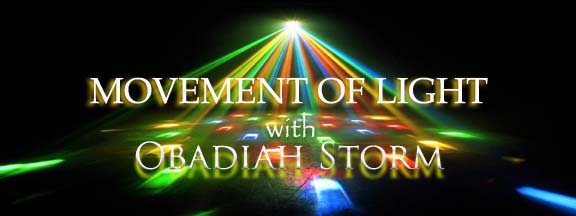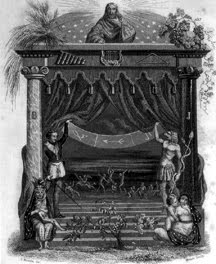
I just love what Tolstoy wrote in War and Peace about Freemasonry, although written well over a century ago I think it still describes Freemasonry today. In his famous lengthly novel Pierre observes four different types of Masons, which are you?
"He divided all the brethren whom he knew into four categories. In the first he placed those who took no interest in the transactions of the lodges, or in human affairs in general, but were exclusively absorbed in the mysterious doctrines of the order, absorbed in questions as to the threefold nature of God, or the three primordial elements of matter, sulphur, mercury, and salt, or as to the significance of the Cube, and all the symbolism of Solomon's Temple. Pierre reverenced this class of Masons, to which belonged principally the older members of the brotherhood, and losiph Alekseyevitch, in Pierre's opinion,—but he could not share in their pursuits. His heart was not attracted by the mysterious side of Masonry.
In the second category he reckoned himself, and those like himself seekers, inclined to waver, not yet successful in walking the straight and intelligible way of Masonry, but all the time striving to walk in it.
In the third category he placed the brethren and they formed the majority who saw in Freemasonry nothing but superficial formalities and ceremonies, and who insisted on the strenuous fulfillment of these external forms, caring nothing for their real essence and significance. Such were Villarski, and even the Grand Master of the Supreme Lodge.
In the fourth category, finally, were reckoned also the great mass of the brethren, and especially those who had been recently admitted. These were men who, according to Pierre's observation, believed nothing, and desired nothing, and entered the brotherhood simply for the sake of bringing themselves into intimate relations with rich young men endowed with influential connections, of whom there were many in the lodges.
Pierre began to feel dissatisfied with his activity. Masonry, at least Masonry such as he knew it in Russia, it sometimes seemed to him, was founded on mere formalities. He did not dream of doubting Masonry itself, but he was persuaded that Russian Freemasonry was on the wrong track, and had turned aside from its first principles. And. therefore, toward the end of the year, Pierre went abroad to become initiated in the highest mysteries of the order."












No comments:
Post a Comment